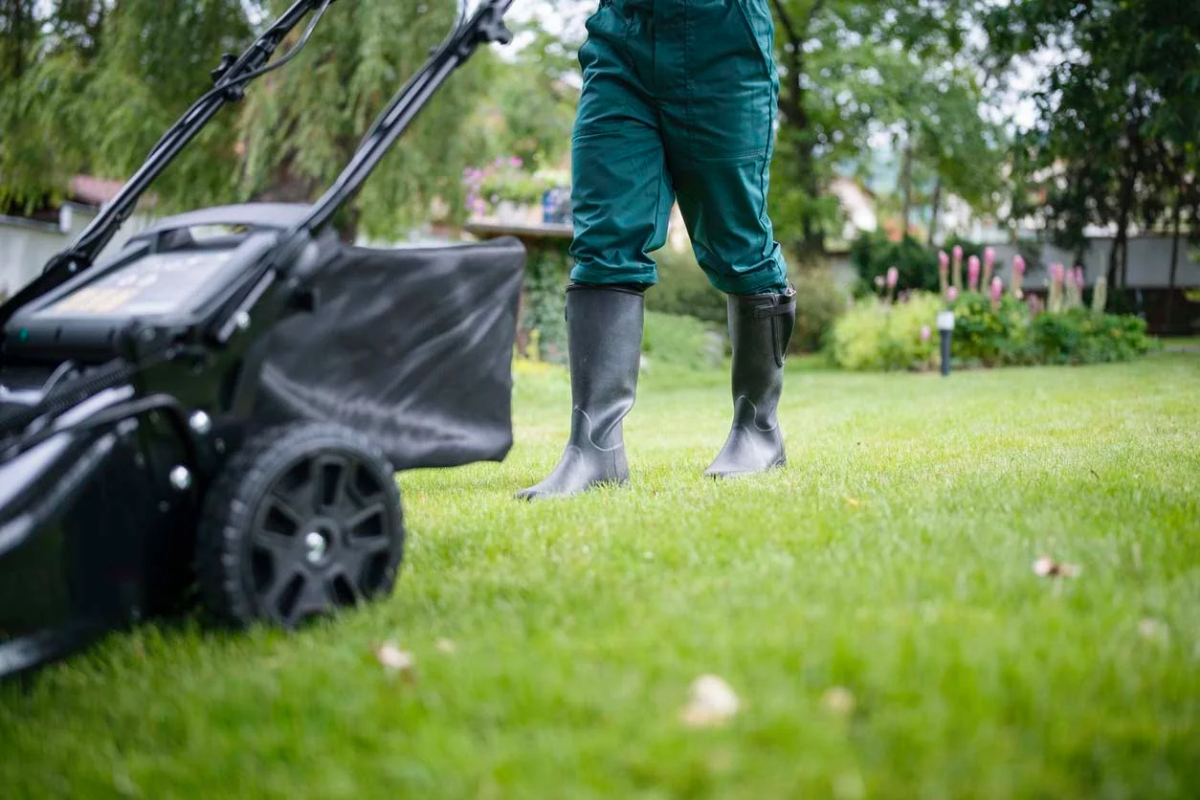
The lawn care industry thrives as a billion-dollar sector, offering an array of services to elevate outdoor spaces. While professional assistance is beneficial for certain aspects, a significant portion of lawn maintenance is accessible to all, providing cost-effective alternatives for conscientious homeowners.
Embracing Eco-Friendly Practices: Adopting an eco-conscious lifestyle entails prioritizing natural resources and fostering an environment where all life forms can flourish. This philosophy emphasizes resource conservation, reduced energy consumption, and waste minimization.
1. Strategic Lawn Planning: Identify natural water collection points on your property to minimize the need for additional watering, promoting efficient resource utilization and cost savings.
2. Soil Assessment: Conduct a comprehensive soil test to ascertain nutrient levels, pH balance, and other pertinent characteristics. Understanding soil composition is essential for cultivating a healthy lawn.
3. Grass Selection Aligned with Location: Choose grass varieties suited to your climate and environmental conditions. Consultation with experts ensures optimal grass selection, facilitating efficient lawn management. Xeriscaping proves particularly effective in arid regions, promoting sustainability through water conservation.
4. Natural Fertilizers Over Chemicals: Eschew synthetic fertilizers and chemical products detrimental to both the lawn and the environment. Utilize kitchen scraps to create natural fertilizers, offering a safe and eco-friendly alternative. Harnessing grass clippings as organic fertilizer enriches soil health and promotes sustainable lawn growth.
5. Efficient Watering Practices: Adopt a watering schedule tailored to your lawn’s needs, favoring deep watering every few days over frequent shallow watering. Utilize sprinkler systems during nighttime to mitigate water loss through evaporation, ensuring optimal moisture absorption by the roots.
Incorporating these eco-conscious practices into your lawn care regimen not only fosters a vibrant and lush outdoor space but also contributes to a sustainable environment. By prioritizing natural resources, minimizing waste, and embracing eco-friendly alternatives, homeowners can cultivate a thriving lawn while treading lightly on the planet.



